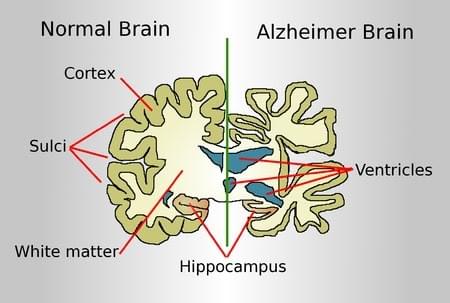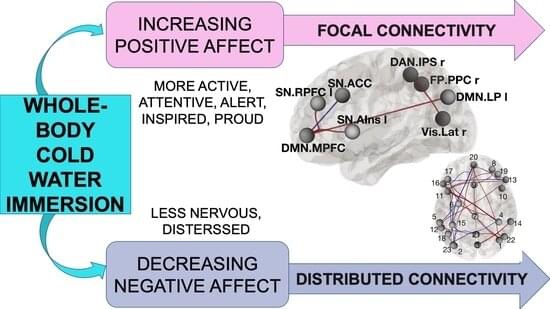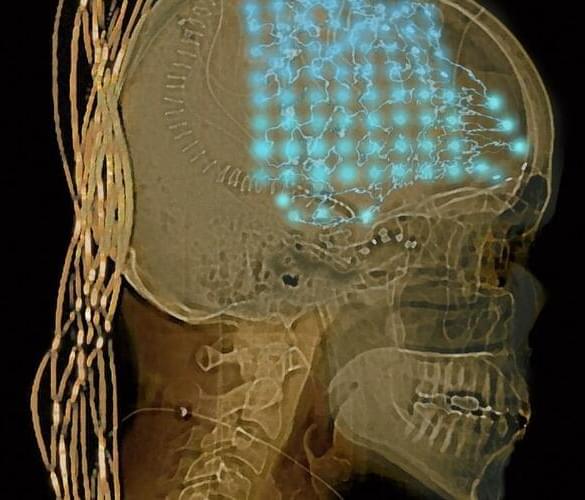Feb 7, 2023
Hackers are mass infecting servers worldwide
Posted by Shubham Ghosh Roy in category: cybercrime/malcode
An explosion of cyberattacks is infecting servers around the world with crippling ransomware by exploiting a vulnerability that was patched two years ago, it was widely reported on Monday.
The hacks exploit a flaw in ESXi, a hypervisor VMware sells to cloud hosts and other large-scale enterprises to consolidate their hardware resources. ESXi is what’s known as a bare-metal, or Type 1, hypervisor, meaning it’s essentially its own operating system that runs directly on server hardware. By contrast, servers running the more familiar Type 2 class of hypervisors, such as Oracle’s VirtualBox, run as apps on top of a host operating system. The Type 2 hypervisors then run virtual machines that host their own guest OSes, such as Windows, Linux, or, less commonly, macOS.

















